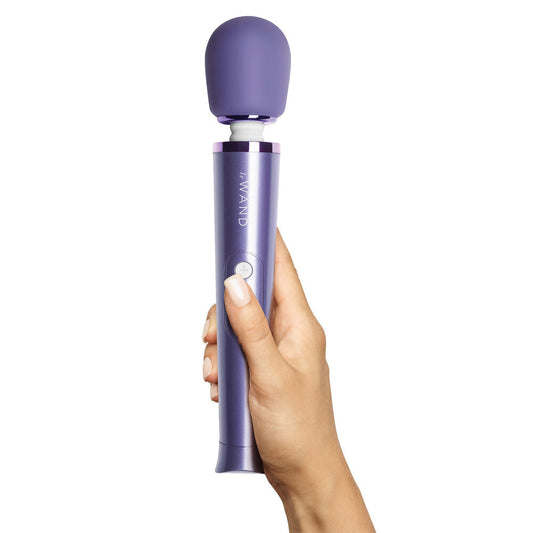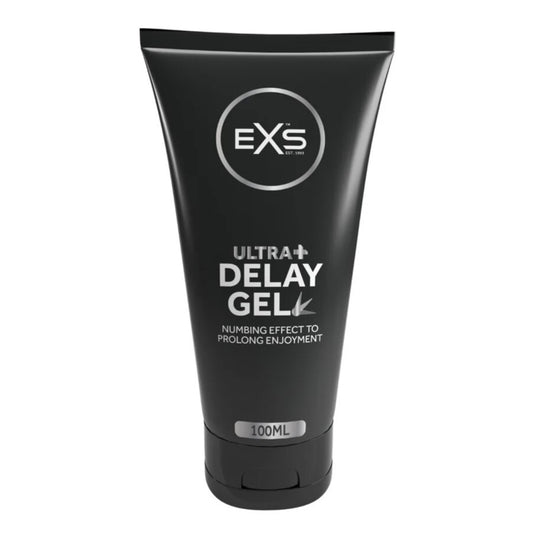
Lube & Better Sex Essentials Ingredients Guide
We all love products that allow us to have more fun and more pleasurable sex with our partners, or ourselves. Our better sex essentials range is curated with this in mind.
Arousal oils, moisturisers, intimate balms, and lubricants of all sorts…magical inventions that we don’t want you to miss out on!
Most of these wonderful sex assistants are totally body-safe, but if you are sensitive, some products may contain ingredients that you might not want to put into your body.
For some, this will not be an issue. For those who are prone to sensitivities, allergic to certain substances, or more sensitive to pH imbalances or yeast infections, it’s important to read the labels.
If you have experienced any discomfort with certain intimate products in the past, play it safe by checking your products carefully before adding them to your shopping basket.
In the following, we list some ingredients you should know about to help you figure out which products are right for you:
Parabens
Parabens are common preservatives used in many personal care products worldwide to prevent the overgrowth of bacteria. There’s a big debate and discourse surrounding parabens and whether or not they are body-safe, with some reports even linking parabens to a heightened risk of breast cancer.
Hence, some prefer to stay away from this potentially harmful ingredient. In any case, most manufacturers have stopped using parabens in favour of body-safe alternatives.
Oils (including petroleum or petroleum-based ingredients)
Oils are sticky and can coat the vagina and anus for several days (much longer than other lubes), potentially exposing you to bacterial or other infections. This also counts for other types of oils such as vegetable oils, Vaseline, massage oils, baby oils, WD-40, and Crisco.
We recommend that oil-based lubes should only be enjoyed for masturbation (maybe something with Aloe Vera) but not for vaginal or anal sex.
Also note that oil-based lubes can break down latex and damage condoms, diaphragms, and other delicate contraceptive aids.
Glycerine
Glycerine is a common ingredient in most water-based lubricants, especially in flavoured lubes. Glycerine is a sugar derivative and helps retain moisture.
Due to the sugar component, products including glycerine can increase the risk of infections. So if you are prone to frequent yeast or urinary tract infections, you might want to avoid glycerine-containing products.
Nonoxynol-9
Nonoxynol-9 was developed to prevent pregnancy by immobilising sperm. This spermicide ingredient can be found in condoms, lubes and sex toy cleaners.
Nonoxynol-9 can disrupt the balance of vaginal flora, which can result in inflammation, irritation, or even infection. So if you’re sensitive to this chemical, stay away from products that contain it.
Chlorhexidine gluconate
Chlorhexidine gluconate is an antibacterial that can cause irritation or inflammation in some people. If you’re experiencing discomfort with your current product or if your vagina is particularly sensitive, you might want to opt for another product.
You may also be interest in our sex toy materials guide which gives you the low-down on the body-safety of sex toys.
You may be interested in the following related posts:
-
Can vaginal dilators reduce discomfort during sex?
Read more -
Are menstrual cups a good alternative to tampons or pads?
Read more -
Using oral dams for safer cunnilingus and rimming
Read more -
Hybrid lubricant – the best of both worlds
Read more -
How to use erotic massage candles for lustful temperature play?
Read more






























